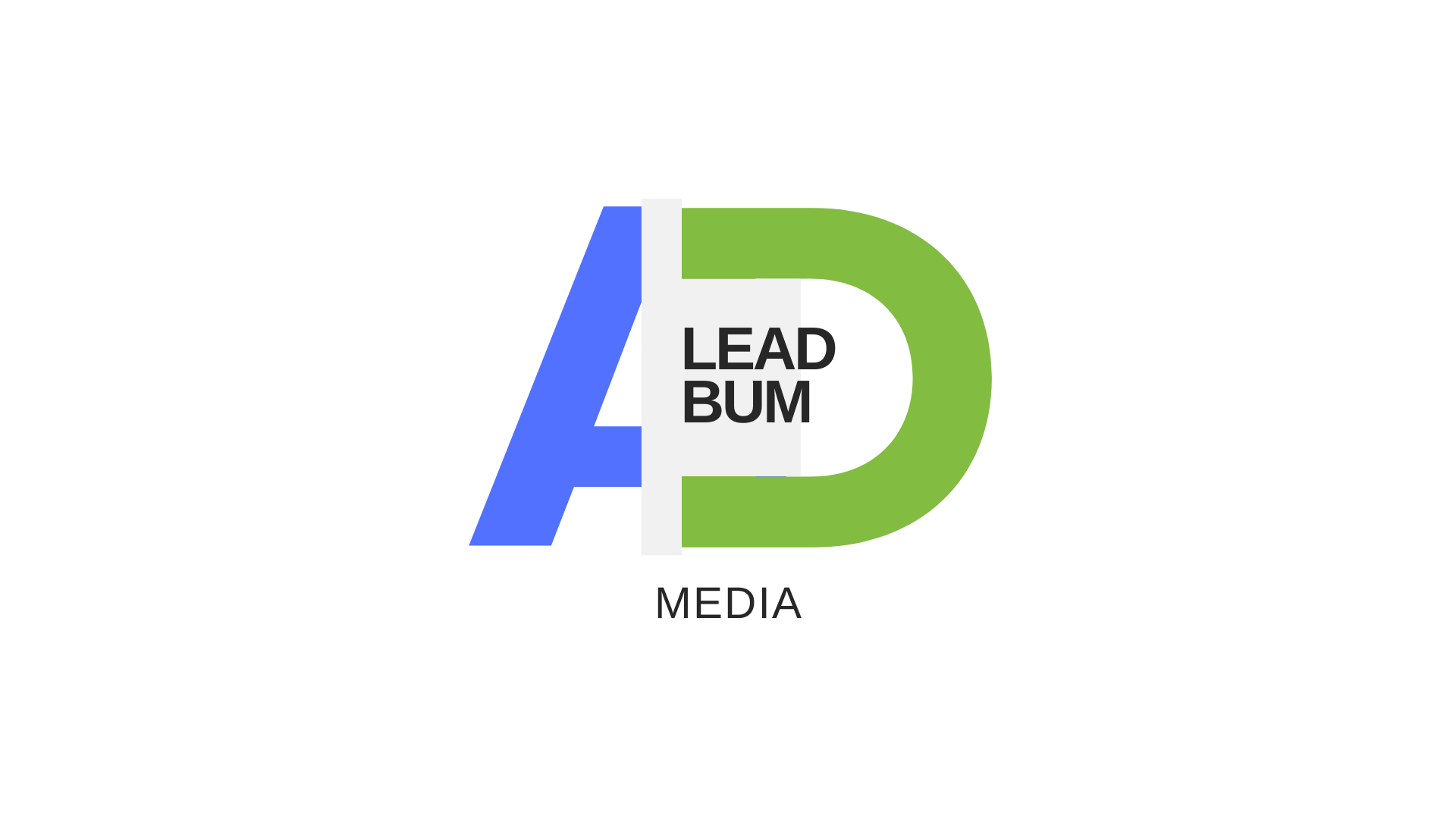Embarking on the journey of higher education is a pivotal decision that can shape your future career, personal growth, and overall trajectory. In an increasingly competitive global landscape, understanding the diverse opportunities offered by a Degrees School is more crucial than ever. From the foundational associate’s degrees to the specialized doctoral programs, the world of academic qualifications is vast and varied, promising a pathway for every ambition.
This comprehensive guide is designed to serve as your ultimate resource in 2025, demystifying the process of selecting, applying for, and ultimately thriving in your chosen academic path. We’ll navigate the complexities of online degree programs versus traditional learning, explore the myriad types of degrees available, and provide actionable insights on how to apply for university degree programs. Whether you’re a high school student contemplating your next steps, a professional seeking to upskill, or an adult learner looking for a career change, this article will equip you with the knowledge to make informed decisions about your educational investment.
Join us as we explore the essential facets of higher education, from understanding different university degrees and college degree options to evaluating the return on investment for a postgraduate degree. By the end, you’ll have a clear roadmap to confidently choose the best Degrees School and program that aligns with your aspirations and sets you up for success.
Key Takeaways
- Higher education offers a diverse range of degrees, from Associate to Doctoral, each serving distinct career and academic goals.
- Choosing the right Degrees School involves considering accreditation, program format (online vs. traditional), cost, and alignment with personal and career objectives.
- Accreditation is paramount, ensuring program quality, transferability of credits, and employer recognition, including for accredited degree institutions.
- Financial planning, including understanding tuition fees, scholarships, and loans, is critical for managing the cost of a degree program.
- A degree is a significant investment that often leads to enhanced career opportunities, higher earning potential, and personal development.
Understanding the Landscape of Degrees School
The first step in any educational pursuit is understanding the academic hierarchy and the specific qualifications each level represents. A Degrees School encompasses institutions offering various levels of higher education, each designed to build upon the last or provide specialized training.
Types of Academic Degrees Available
The academic world offers a spectrum of academic qualifications, catering to different interests and career paths. Understanding these is fundamental:
- Associate’s Degree (A.A., A.S., A.A.S.): Typically a two-year program offered by community colleges or some universities. It provides foundational knowledge for entry-level jobs or serves as a stepping stone to a bachelor’s degree. These are often considered among the initial types of degrees available.
- Bachelor’s Degree (B.A., B.S., B.F.A.): The most common undergraduate degree, usually requiring four years of full-time study at a college or university. It provides comprehensive knowledge in a chosen major and is often a prerequisite for many professional roles and postgraduate study. This forms the core of many university degrees and college degree options.
- Master’s Degree (M.A., M.S., M.B.A.): A postgraduate degree typically requiring one to three years of study beyond a bachelor’s. It allows for advanced specialization in a particular field, enhancing expertise and opening doors to higher-level positions or further academic research.
- Doctoral Degree (Ph.D., Ed.D., J.D., M.D.): The highest academic degree, involving extensive research and often leading to careers in academia, specialized professions, or advanced leadership roles. A Ph.D. typically takes four to seven years post-bachelor’s, though professional doctorates like a J.D. or M.D. have their own structures.
Traditional vs. Online Degree Programs
The advent of technology has revolutionized how we access education. Today, students have the choice between traditional on-campus learning and flexible online degree programs.
“The landscape of education is constantly evolving, with online degrees becoming increasingly sophisticated and recognized. The key lies in choosing an accredited program that aligns with your learning style and career goals.”
- Traditional Programs: Offer in-person instruction, direct interaction with faculty and peers, access to campus facilities (libraries, labs, student services), and a structured learning environment.
- Online Programs: Provide flexibility in scheduling and location, making them ideal for working professionals or those with family commitments. They utilize virtual classrooms, digital resources, and online collaboration tools. A common question is, “Are online degrees recognized by employers?” The answer is overwhelmingly yes, provided they are earned from accredited degree institutions. The recognition hinges more on the institution’s reputation and accreditation status than on the delivery method itself.
Choosing the Right Degrees School and Program
With countless institutions and programs available, deciding where and what to study can be daunting. Thoughtful consideration is key to finding the perfect fit among the many schools for higher education.
How to Find a Degree Program That Fits You
To effectively “How do I choose the best school for my degree?” consider the following:
- Career Goals: Align your degree choice with your long-term career aspirations. Research required qualifications for your desired profession.
- Interests and Passions: A program that genuinely interests you will be more engaging and lead to greater success.
- Learning Style: Are you self-motivated for online learning, or do you thrive in a structured classroom setting?
- Location and Campus Culture: For traditional programs, consider geographic location, campus size, student body diversity, and extracurricular offerings.
- Faculty Expertise: Research professors’ backgrounds and research areas to ensure they align with your academic interests.
- Program Structure and Curriculum: Look at course offerings, research opportunities, internship possibilities, and practical experience components.
The Importance of Accreditation
When searching for a Degrees School or to “find a degree program,” accreditation is non-negotiable. Accreditation signifies that an institution or program meets specific standards of quality and integrity established by recognized accrediting agencies.
Why it matters:
- Quality Assurance: Ensures that the education you receive meets acceptable academic standards.
- Financial Aid Eligibility: Federal student aid is only available for students attending accredited institutions.
- Credit Transfer: Credits earned at non-accredited institutions may not be accepted by other schools.
- Employer Recognition: Many employers and licensing boards require degrees from accredited schools.
- Professional Licensing: Certain professions require degrees from accredited programs for licensure.
Always verify the accreditation status of any institution or program you consider through official accrediting agency websites.
Navigating College Degree Options
When looking at college degree options, it’s also helpful to understand the nuances between different types of institutions. The question, “What is the difference between a college and a university degree?” often arises.
Generally:
- Universities are typically larger institutions that offer a wider range of undergraduate, graduate, and doctoral programs across multiple faculties or schools (e.g., College of Arts and Sciences, School of Engineering, Law School). They often have a stronger emphasis on research.
- Colleges can be smaller, more focused institutions, sometimes offering only undergraduate degrees. Liberal arts colleges, for instance, prioritize a broad foundational education. Community colleges primarily offer associate’s degrees and vocational training.
Ultimately, a degree from an accredited college is as valuable as one from an accredited university; the distinction lies more in scope and institutional focus.
The Application Process for University Degrees
Once you’ve identified potential schools for higher education and programs, the next hurdle is the application process. While specific requirements vary, a general roadmap can help.
Admissions Requirements and How to Apply
The process of “how to apply for university degree” programs involves several key steps:
- Research Requirements: Each institution and program will have specific admissions requirements. These typically include academic transcripts, standardized test scores (SAT/ACT for undergraduate, GRE/GMAT for graduate), letters of recommendation, and a personal statement or essay. “What are the admission criteria for a bachelor’s degree?” usually includes a high school diploma or equivalent, a minimum GPA, and standardized test scores.
- Prepare Application Materials: Gather all necessary documents well in advance. This includes official transcripts from all previous institutions, standardized test scores sent directly from testing agencies, and contact information for recommenders.
- Write a Compelling Personal Statement/Essay: This is your opportunity to showcase your personality, motivations, experiences, and why you are a good fit for the program. Tailor it to each specific institution.
- Secure Letters of Recommendation: Ask teachers, professors, or supervisors who know you well and can speak to your academic abilities and character. Give them ample time and provide them with your resume and personal statement.
- Submit Application: Most applications are submitted online through common application portals (e.g., Common App for undergraduates, various graduate school portals). Pay attention to deadlines!
- Attend Interviews (if required): Some programs, especially at the graduate level or for highly competitive undergraduate schools, may require an interview.
Crafting a Strong Application
Standing out in a competitive applicant pool requires more than just meeting minimum requirements. Focus on presenting a holistic profile:
- Highlight Unique Experiences: What sets you apart? Internships, volunteer work, research projects, leadership roles, or unique personal challenges overcome can all be valuable.
- Demonstrate Fit: Clearly articulate why *this specific program* at *this specific Degrees School* is the right choice for you, linking it to your past experiences and future goals.
- Proofread Meticulously: Errors in grammar or spelling can detract from even the strongest application. Have multiple people review your materials.
- Show Growth and Resilience: Admissions committees appreciate candidates who demonstrate a capacity for learning and overcoming obstacles.
Funding Your Higher Education
One of the most significant considerations for many aspiring students is the cost of higher education. Understanding “How much does a degree program cost?” and exploring funding options is crucial.
Understanding Tuition Fees and Financial Aid
The cost of a degree program goes beyond just tuition. It includes:
- Tuition and Fees: The direct cost for instruction and institutional services. This varies significantly between institutions (public vs. private, in-state vs. out-of-state).
- Living Expenses: Housing, food, transportation, and personal expenses.
- Books and Supplies: Costs for textbooks, software, and other course materials.
Fortunately, various financial aid options can help mitigate these costs:
- Scholarships: Merit-based or need-based awards that do not need to be repaid. They can come from institutions, private organizations, or government programs.
- Grants: Need-based financial aid, often from federal or state governments, that also does not need to be repaid.
- Student Loans: Money borrowed that must be repaid with interest. Federal loans often have more favorable terms than private loans.
- Work-Study Programs: Federally funded programs that allow students to earn money through part-time jobs on campus or with non-profit organizations.
Filling out the Free Application for Federal Student Aid (FAFSA) is the first step to determining your eligibility for most federal and state aid. Many institutions also require their own financial aid applications.
The Value of a Degree School Investment
Investing time, effort, and money into a Degrees School education is a significant decision. It’s essential to understand the potential returns on this investment.
Career Paths and Employability
A degree from an accredited degree institution often serves as a key that unlocks a wider range of career paths and enhances employability. Graduates typically enjoy:
- Higher Earning Potential: Studies consistently show that individuals with higher levels of education earn more over their lifetimes.
- Greater Job Security: Degree holders often experience lower unemployment rates and greater stability in the job market.
- Access to Specialized Professions: Many fields, particularly in healthcare, engineering, law, and education, require specific degrees for entry.
- Skill Development: Higher education cultivates critical thinking, problem-solving, communication, and adaptability – skills highly valued by employers.
The Impact of Postgraduate Degrees
For those considering master’s or doctoral programs, the question “Is a postgraduate degree worth the investment?” is pertinent. The answer often depends on your career goals.
- Enhanced Specialization: Postgraduate degrees offer deep dives into specific areas, making you an expert in your field.
- Leadership Opportunities: Many management and leadership roles prefer or require advanced degrees.
- Research and Academia: Doctoral degrees are essential for those pursuing careers in university teaching, research, or highly specialized R&D roles.
- Increased Earning Potential: While the initial investment is higher, postgraduate degrees can lead to substantial increases in lifetime earnings, particularly in certain fields.
However, the decision should be weighed against the additional cost and time commitment. For some, a bachelor’s degree followed by professional experience may be more beneficial.
Ready to Find Your Perfect Program?
Discover thousands of accredited degree programs and take the next step in your academic journey. Start exploring today!
Frequently Asked Questions
What types of degrees can I get?
You can pursue various types of academic degrees, starting with an Associate’s Degree (2 years), then a Bachelor’s Degree (4 years). Beyond that, postgraduate options include Master’s Degrees (1-3 years post-bachelor’s) for specialization and Doctoral Degrees (4-7+ years) for the highest level of academic achievement and research.
Are online degrees recognized by employers?
Yes, online degrees are widely recognized by employers, provided they are earned from accredited institutions. The key factor is the accreditation and reputation of the Degrees School, not solely whether the program was delivered online or in person.
What are the admission criteria for a bachelor’s degree?
Typically, admission criteria for a bachelor’s degree include a high school diploma or equivalent, a minimum GPA, standardized test scores (SAT/ACT), letters of recommendation, and a personal essay or statement. Specific requirements can vary significantly by institution and program.
How much does a degree program cost?
The cost of a degree program varies widely based on the institution (public vs. private, in-state vs. out-of-state), program length, and type of degree. Costs include tuition and fees, living expenses, and books/supplies. Financial aid options like scholarships, grants, and loans are available to help manage these expenses.
Conclusion
Navigating the complex world of Degrees School options in 2025 requires careful planning, thorough research, and a clear understanding of your personal and professional goals. From choosing between diverse types of academic degrees to understanding the nuances of online degree programs and the critical importance of accreditation, every decision shapes your educational trajectory. By understanding how to apply for university degree programs, planning for finances, and recognizing the immense value of a higher education investment, you are better equipped to embark on a fulfilling academic journey. Remember, the right degree at the right institution can be the catalyst for a lifetime of learning, personal growth, and unparalleled career opportunities. Make your choice wisely, and invest in your future today.





